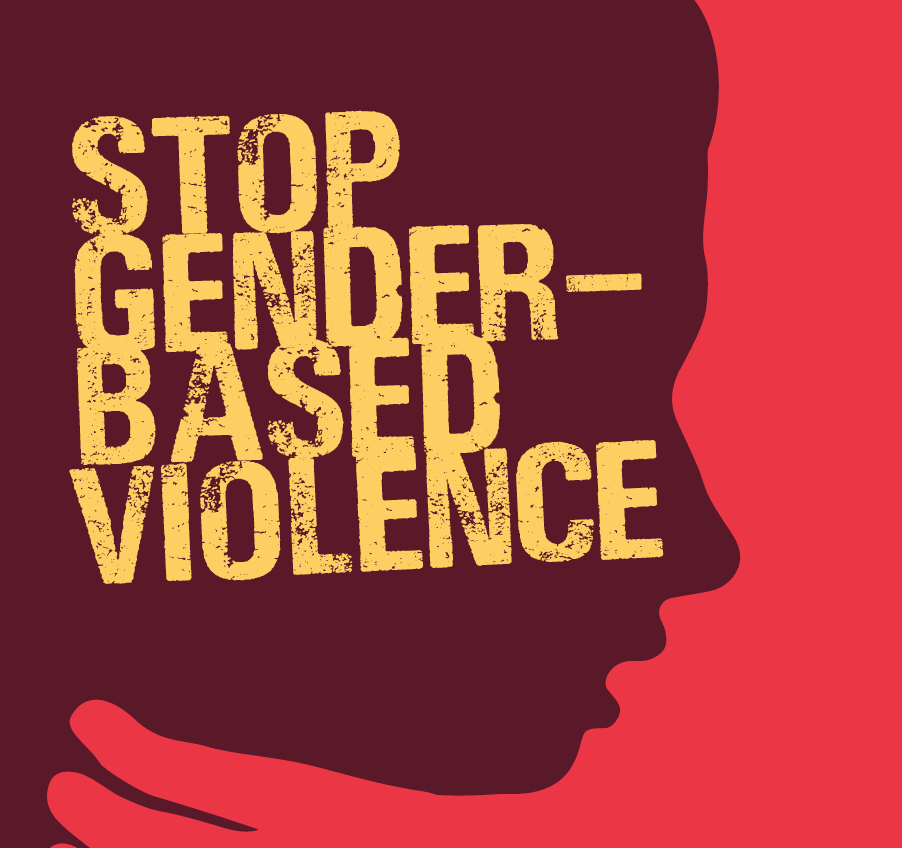Source: ‘GBV cases keep on rising’ – DailyNews
Tamary Chikiwa
in Bulawayo
GENDER-based violence (GBV) cases are on the rise during this Covid-19 lockdown, a new report by Msasa Project has revealed.
The report indicates that from the beginning of the first lockdown in March 2020, it recorded 6 200 cases, with an overall average increase of over 60 percent compared to the pre-lockdown trends.
Msasa Project operates a national hotline which victims can call to report GBV and sadly most of the incidents are affecting women.
“About 94 percent of the calls are from women. Psychological violence remains the most frequent form (55 percent of total cases) followed by physical violence (22 percent of total cases), economic violence (15 percent) and sexual violence (eight percent). About 90 percent of cases are intimate partner violence,” reads the report.
Msasa Project highlighted that of the cases, a significant number was from rural areas where the victims fail to access timely services due to transport challenges.
“Reduced public transport availability remains a challenge in rural areas for survivors of GBV to access timely multisectoral services.
“In most impoverished areas, de-prioritisation of GBV services is increasingly recorded, as access to daily income sources for household sustenance remains constrained, despite the recent easing of lockdown measures,” the report said.
In response to the challenges, Msasa said it facilitated the provision of alternative transport support to survivors, including those with disabilities and their caregivers.
“Access to data bundles and airtime for community facilitators engaged in GBV surveillance continued to be supported to ensure direct interaction with hotlines operators and continuous timely referrals,” read the report.
Msasa said since January 2020, the GBV sub-cluster partners have assisted 161 441 individuals (64 836 male, 96 605 female) with community-based GBV risk mitigation integrated in various community-based mechanisms and with the support of a workforce of 225 community volunteers, including behaviour change facilitators.

COMMENTS